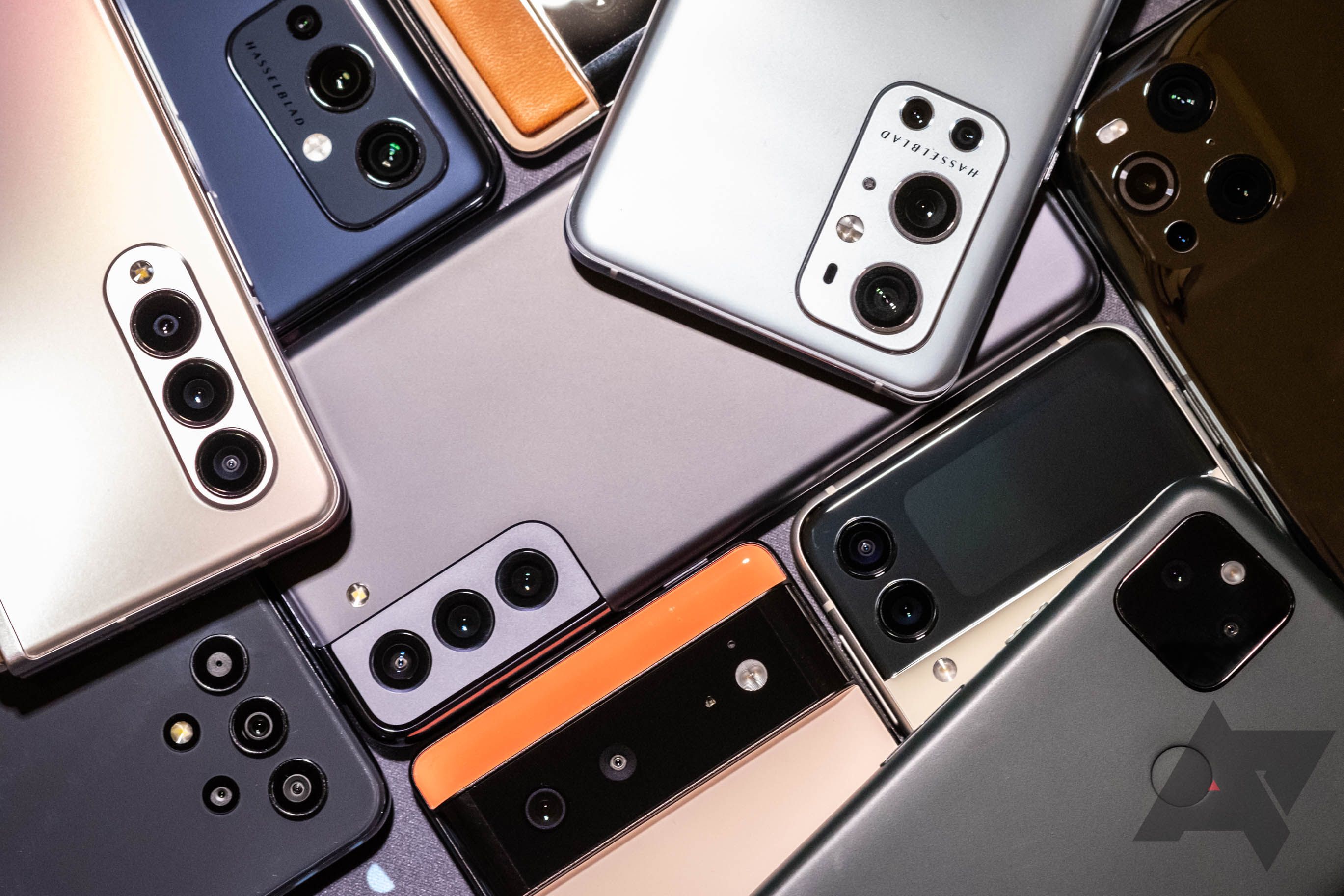Android 13 wants to bring some long overdue accountability to OEMs killing off all your background apps
Android 13 finally arrived this week, and while it's one of the smallest updates to Google's mobile OS we've seen in a long time, it's chock full of minor changes to privacy, security, and more. We've known Google has been trying to appease developers who are tired of seeing their apps be interfered with by Android manufacturers. On the heels of some new developer-submitted tests that could stabilize how apps work on your phone, the Android 13 CDD is out and giving us some insight into some of the further changes Google is making.
Esper.io's Mishaal Rahman dug through Google's latest updates to the Compatibility Definition Document, the list of requirements OEMs must meet to update their hardware to the next version of Android. While many of the changes aren't of much note, one revision could shake up Play Store developers' relationships with Android manufacturers. The newest copy of the CDD now requires OEMs to provide public documentation of how proprietary restrictions are applied to applications. These proprietary restrictions are put in place by companies outside of Google — think OnePlus, Samsung, and more. If these sound familiar It could save developers a lot of headaches as they combat delayed notifications, being killed earlier than expected, and more.
According to the CDD, these documents must be linkable from Android's SDK documents and, as Mishaal breaks down, include four essential pieces of information:
That's a lot of context for developers to work off, as they can view exactly how their apps are being restricted, how to get around these restrictions, and, best of all, whether there's a user-facing exemption available for installation. Basically, Google could be taking some of the pressure off Urbandroid, the team behind Don't Kill My App. That site has long been the favorite of any Android die-hard tired of seeing their software killed by rogue OEMs focused solely on optimizing battery life above all else. If this section lives up to its potential, it could spell the end for missed notifications from apps — or at the very least, could make it easier for developers to know how and why it's happening.
These changes shouldn't be surprising for anyone who attended Google's talk on background work best practices at I/O this year. At the time, Android Frameworks Software Engineer Jing Ji highlighted the difficulties app developers face when struggling against undocumented app restrictions from OEMs. This policy change by Google feels like their way of addressing that issue — but it's not the only solution at play here. After a lame attempt two years ago to side with developers on Android app management, the company has now added developer-submitted tests to the Compatibility Test Suite, though questions remain whether those tests will be required or, rather, simply encouraged. Google also gave its JobScheduler API a big upgrade with Android 13, allowing it to schedule jobs at more user-friendly times.
Obviously, there are plenty of questions surrounding all of Google's actions from the past few months regarding whether they'll truly make a difference. Still, it's great to see the company finally attempt to put some pressure on OEMs' behavior.
( Details and picture courtesy from Source, the content is auto-generated from RSS feed.)
Join our official telegram channel for free latest updates and follow us on Google News here.



